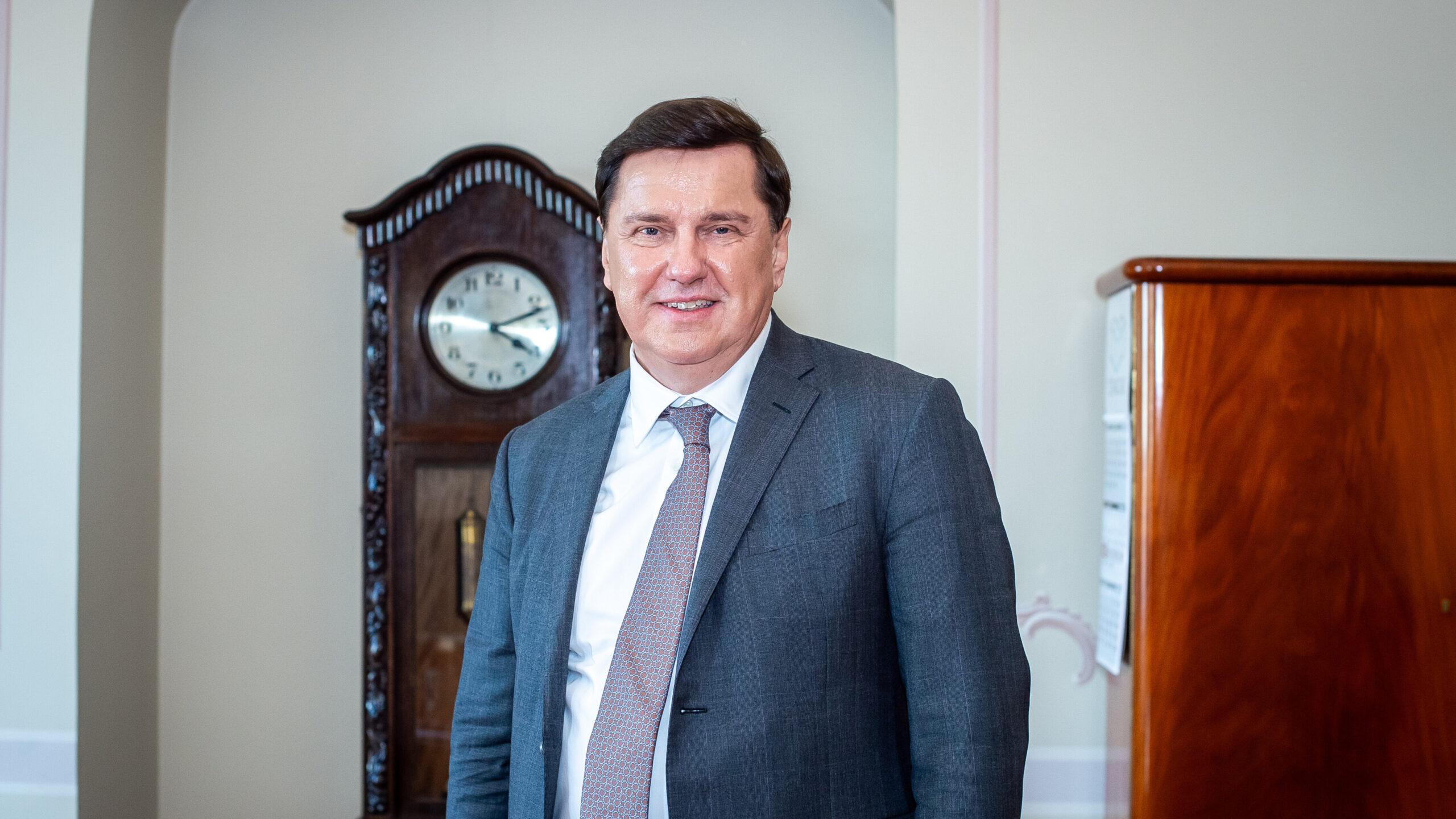Ain Hanschmidt: Economic policy will put Estonia among the advanced economies

If businesses are responsible for economic growth, the state is responsible for creating a competitive economic area. Estonia’s economic policy should aim to bring the country among the developed economies, says Ain Hanschmidt, head of the Employers’ Confederation’s council, in an ERR opinion piece.
Many years ago I attended a business conference in London where Estonia was included in the list of border countries along with Zambia and Mongolia. I was surprised because I had assumed that we would be seen as a developed country after joining the European Union and the euro area. This sad fact describes how the rest of the world sees Estonia.
It is also risky because of a distant, hostile neighbour, and this has been exacerbated by the last three years of Russia’s war in Ukraine. The changed security and political situation has turned us into the backstreet of Europe’s suburbs, with rapid price rises, expensive energy, fewer and fewer workers and, for the last few years, a mess of taxes. Not a bright prospect in international competition.
However, this should not be dismissed out of hand. Rather, as a country, it gives us a target that should be the goal of Estonia’s economic policy – to place Estonia among the advanced economies. There is a concrete measure for this – the AAA rating of the rating agencies, which is carried by countries such as Denmark, Sweden and Germany.
Countries with such a score are reliable, stable, have a well-functioning capital market and attract investors to invest in the country, thereby increasing the prosperity of society. We can look at how rating agencies rate countries and start to move in that direction, because it is up to the state to shape a competitive economic space.
A national plan needs an inspiring purpose
Indeed, the Ministry of Economic Affairs and Communications has put together an economic plan for the year, which includes more than 40 activities. It’s good and necessary that it exists, but a year’s worth of activities is just one stage, and this plan needs an inspiring goal. Just as the desire to join the European Union and NATO and to adopt the euro galvanised the whole of society.
It is therefore welcome to see that the new coalition considers economic development and increasing security as two of the most important issues. If the economy develops and businesses create new jobs, the state will receive tax revenues to invest in defence, for example.
Estonia’s two biggest problems today are uncertainty and the long recession. Businesses and people here have long been significantly more pessimistic about the future than their neighbours, and this has held back both the economy and people. Many foreign investors have also left or are leaving, which, while providing good opportunities for locals, is a worrying trend. A small and open economy needs foreign investment like air.
Businesses remain cautious
Although the last quarter of last year surprised with economic growth, businesses remain cautious. For example, at last week’s Employers’ Economic Conference ‘The Wind in the Willow Flight 2025’, 52% of managers and entrepreneurs who attended estimated that the bottom of the downturn had not yet passed. A year ago, however, businesses were much more optimistic – 63% of those who had an impact on the local economy thought the bottom had been reached.
A decisive increase in our defence capabilities will help to boost this mood, both here and among foreign investors. Investing in and demonstrating our increased capabilities will also deter potential enemies.
The hallmark of a credible country – sound finances
As the defence sector will require significant additional funding in the coming years, the state also has a responsibility to put its own finances in order to find the necessary funding, to critically assess and reorganise its internal functioning, or to decisively cut what is not essential at the moment, and to freeze costs that have grown out of control due to indexation.
Sound public finances are one of the building blocks of confidence. It means that we can invest in areas that are critical to society, and it gives businesses a preview of the fiscal environment they can expect from the state in an already changing external environment. Secure and stable and predictable.
The article was published in the ERR opinion pages.